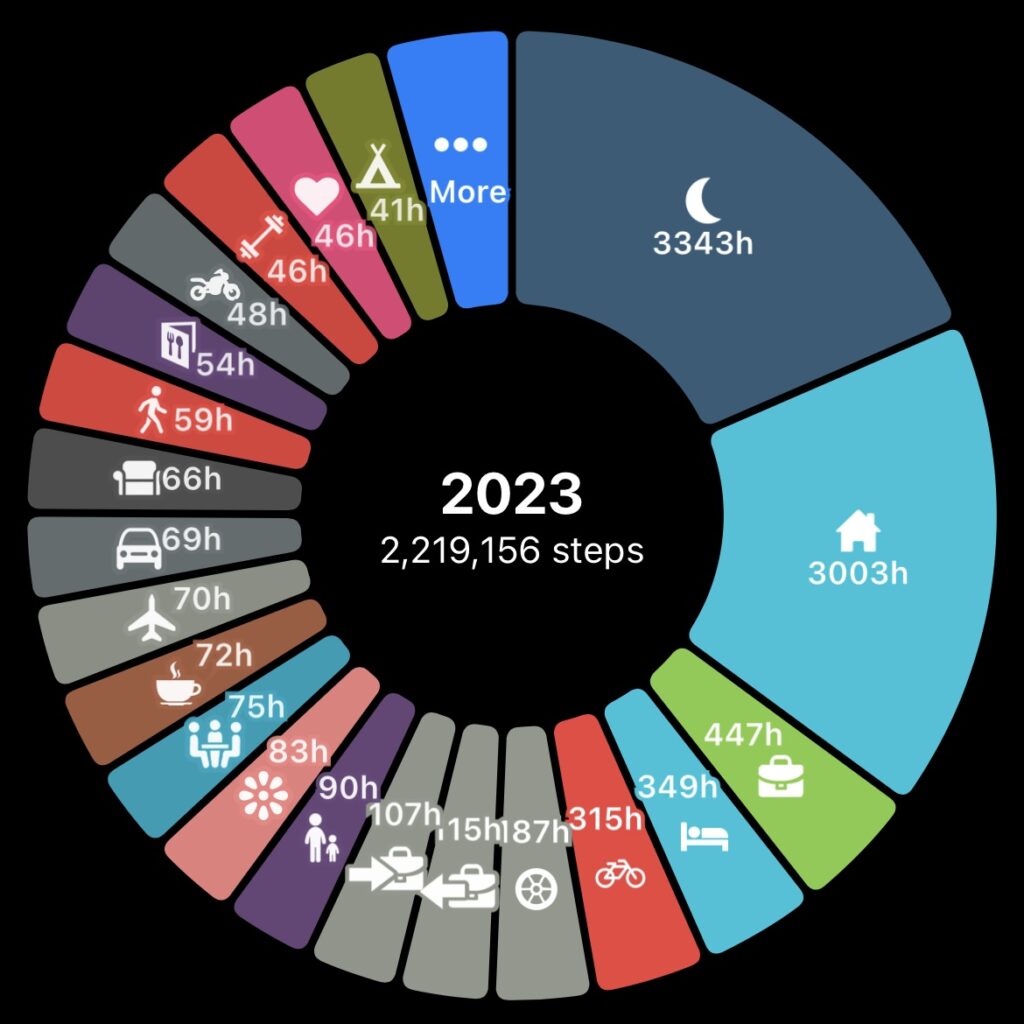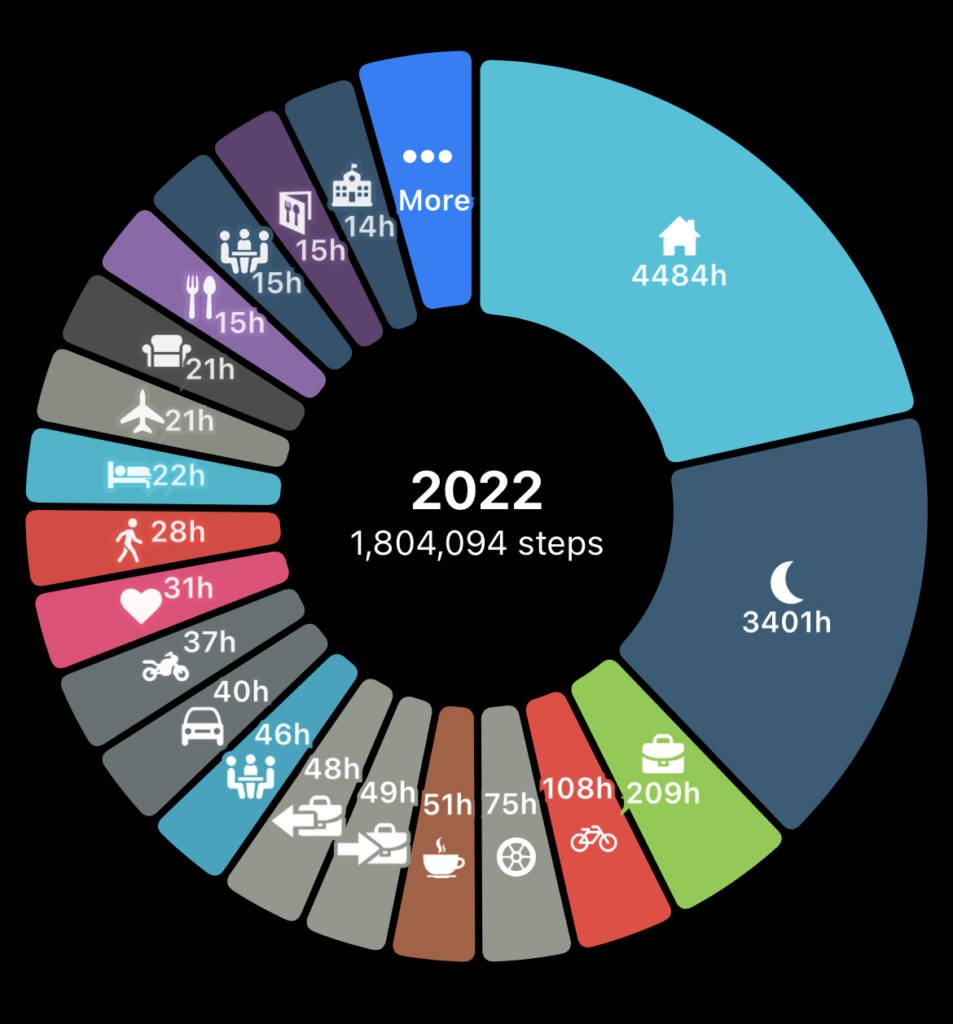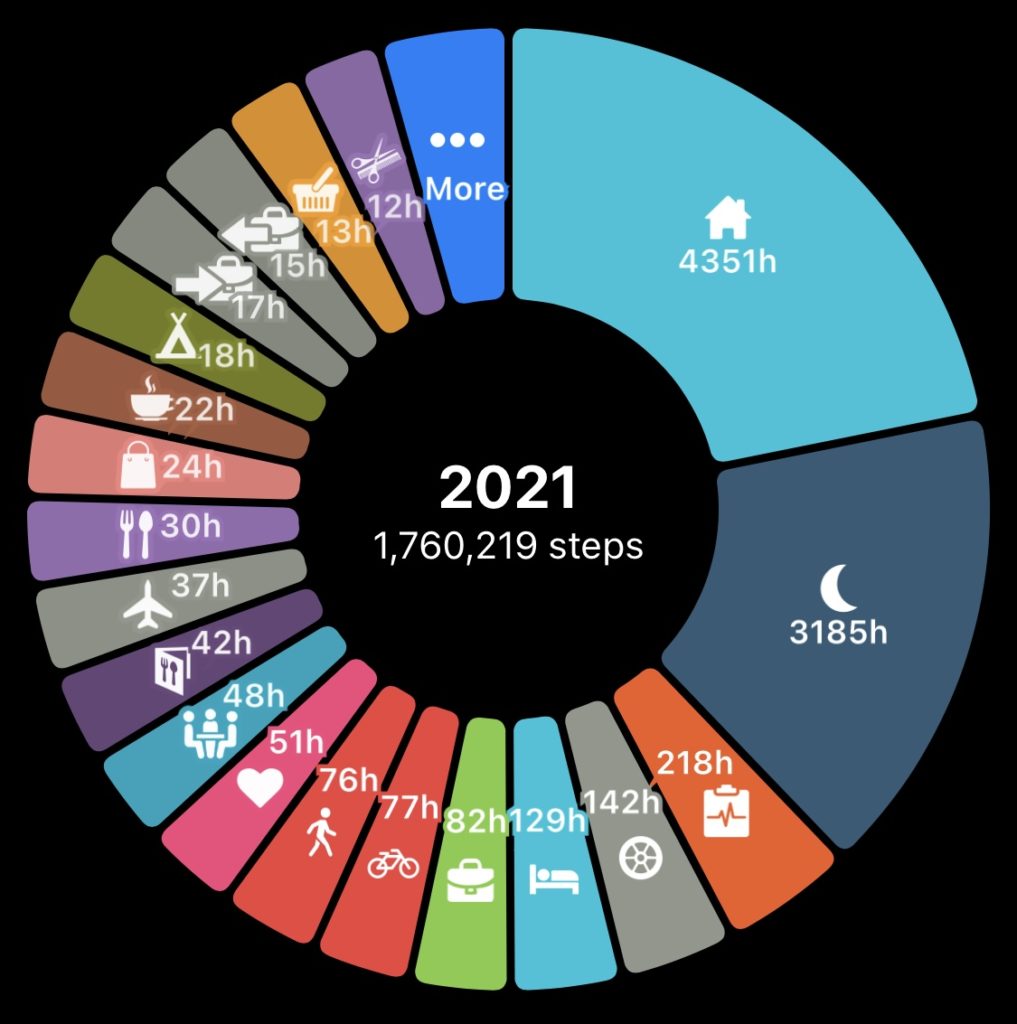A couple weeks ago was my 40th birthday. And as you may know, I occasionally throw conferences for my birthday party (CatCon in 2013 & 2016, Animal Talks in 2020, and governance structures in 2022). This year I did the same, focusing an intimate group on the interface between formal and informal groups in crisis response. You know, my jam.

I was graced with the presence of John Crowley, Liz Barry, Joseph Pred, Evan Twarog, Suzanne Frew, and Schuyler Erle. I will forever be so grateful to these folks for showing up to share their brains and hearts on this topic.
Scoping the problem
We started with a retrospective of our experiences of this interface, domestically, at the point in time when response is transitioning into recovery. It sort of looks like this:

Informal groups are ALWAYS the first to respond – neighbors helping neighbors. They keep supporting each other until the formal groups show up on the timeline of days after the inflection point. Need for the local groups wanes as formal groups provide services. But then, as the formal groups pack up to move on to the next thing, the informal groups are vital again. So there are two main problem times that an interface would help out with – one as the formal groups are showing up, to know how to interact with the informal groups, and to not trample existing effort and knowledge; and a second when formal groups should be handing back off to the informal groups.
In this retrospective, we ended up with headers about preparedness, a culture of friendliness, necessary support, knowledge transfer, interface, and leadership. From that, we drove to three main conversations.
Cultural competency
While we all love a good story about cultural competency issues, we realized we had our own gaps here. Although we who were in this conference might personally be equipped to translate between formal agency members and social justice flavored activist groups, a very real possibility is emerging of right wing groups being the first responders on the ground.
We talked a lot about the difference between carrying guns to deal with roving people with guns trying to take over your community space, a la Black Flags and Windmills post Katrina, and people carrying guns to claim ownership of supplies or territory. We talked about motorcyclists and Anonymous doing work to prevent interruption of mourning in Sandy Hook. We also talked about how people in the formal sector may not be aware of how those are different, or frankly care why.
We talked about how the way to cope with this type of problem and its ilk would be to unify folks through Management by Objective and to make space for cultural competency. At the end of the day, if people are feeding other people with no strings attached, they should be welcomed in doing so even if our political ideologies differ.
We also talked about how different groups fail based along lines of their ideology. Many conservative groups double down on control when things aren’t going their way. Disaster capitalists try to make a business out of a single experience without understanding the larger context, and anarchist groups fall apart.

Speaking in a way the audience can hear
John and I (and many others) have been working on a pamphlet for individuals in formal entities for awhile now, and it shaped much of the conversation we had. The thinking being that we will never know who the informal groups are in advance of finding them, so better to focus on finding groups we can find in advance, to help them hold space for the power of informal organizing in times of crisis. Joseph had the incredible idea during our sessions that we should make an ICS form in addition to the pamphlet which is essentially “here’s how to do this,” assuming the pamphlet or other mechanisms have made it clear why it’s worth doing.
Another friend and I continue to plug away slowly on a zine for informal groups, which could be found on the internet, or handed to informal groups by the formal groups following the ICS form.
Decision making
We had two threads here – one about how unified command would work way better for having informal participation and representation than a traditional command pyramid structure for ICS, and the other one on Sociocracy. For the formal and informal groups to get along with each other, we assume some demystification of how the other type makes decisions would help to build some trust.
Wrap up
We’ve got a lot of work left in front of us, and most of us have shifted our focus from this interface to things that are more sustainable for us. However, we’ve all been reinvigorated to restart the conversation and see if we can make improvements here. If you’d like to join up with us to do anything from reviewing docs for readability to finding funds to support this work, please do reach out.

Special thanks to my husband for keeping the house livable while I had friends invade it and we got thoroughly comfortable.
Footnotes
IMG ref: Where “search” is when we hope an informal group might find a guide online by finally having enough time to do a search; “ICS form” is when a formal entity might follow an ICS form to understand how to navigate things with the informal group; and “governance” is when these groups would need some sort of governance structure unifying them to continue working together.
All photos in here are by Suzanne. The chart is from yours truly.




